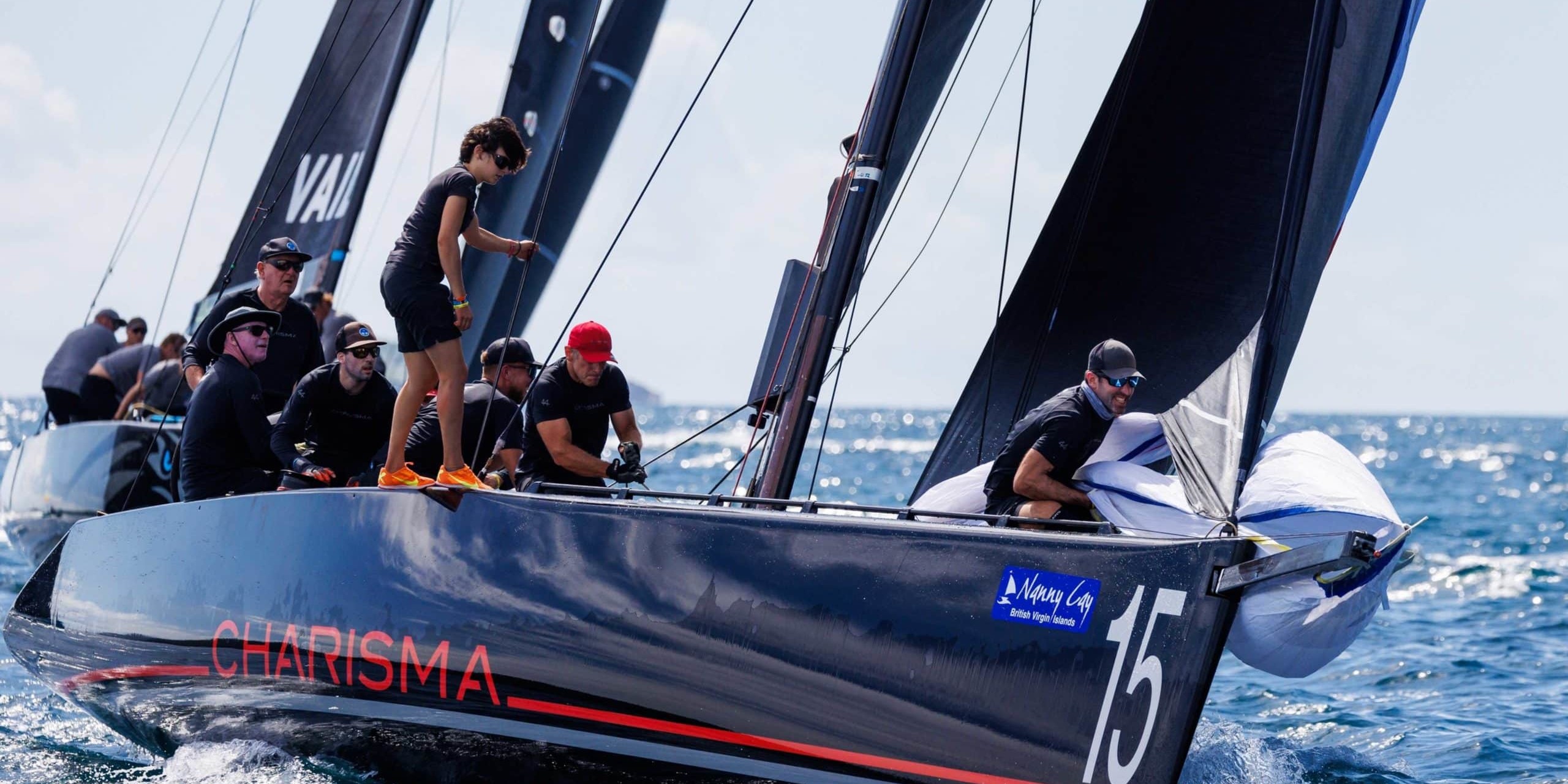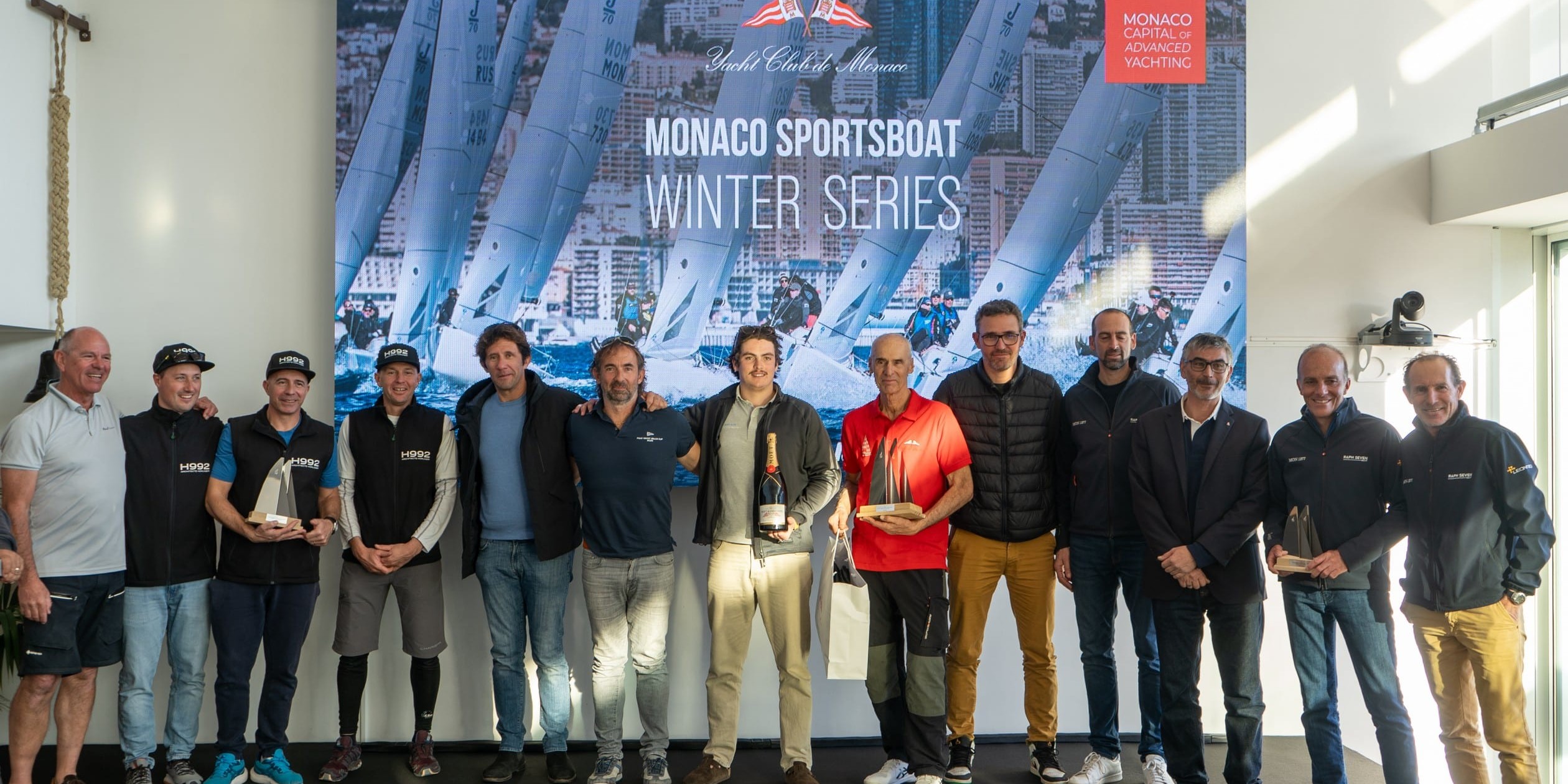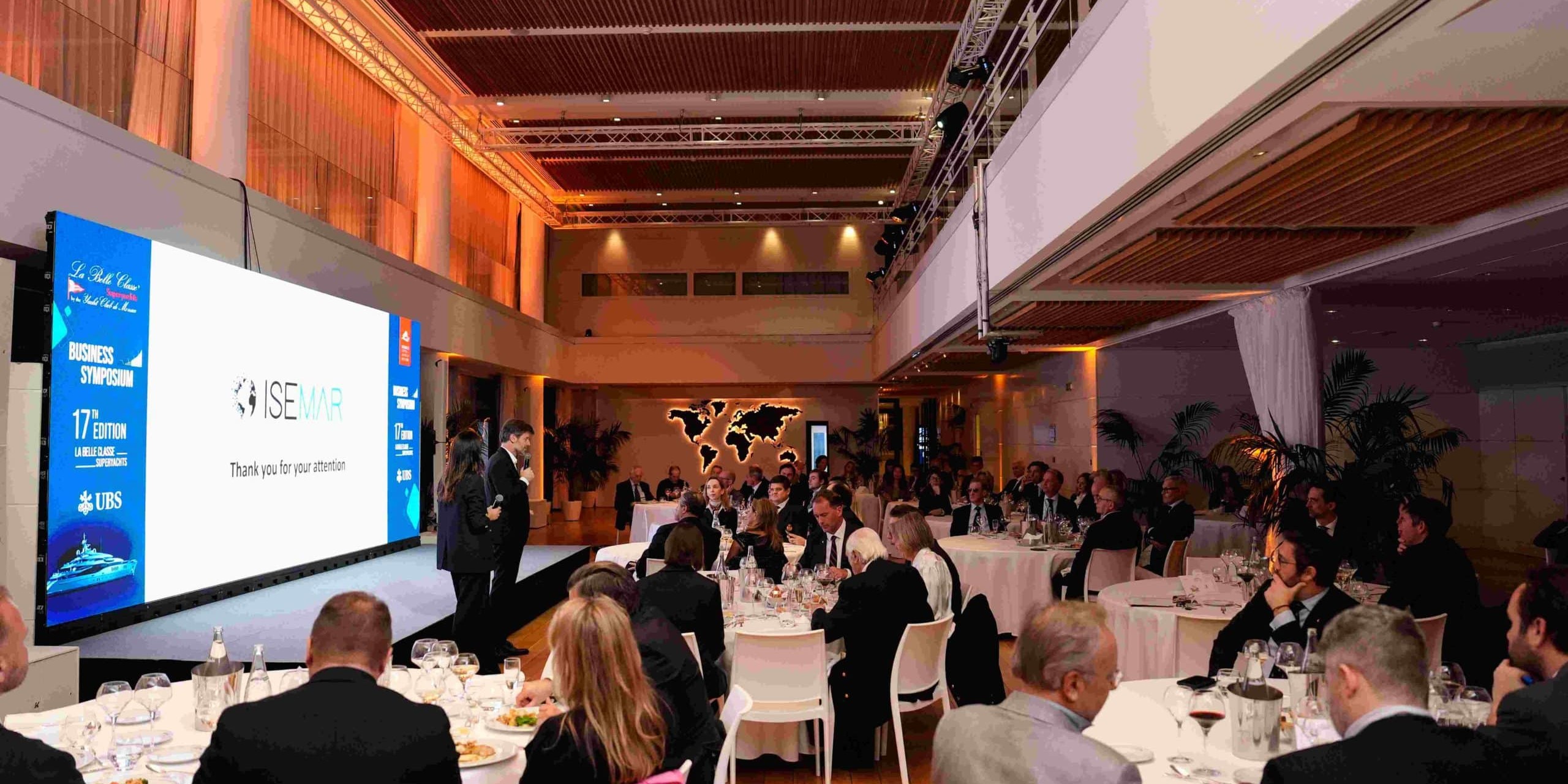In compliance with International Maritime Organisation (IMO) guidelines in the battle against cyberattacks on superyachts, La Belle Classe Academy is running new bespoke online training courses focused on cybersecurity.
Intended for crew members and owners, the new two-course module at the Yacht Club de Monaco’s training centre is run by Alexandre Bayeux, an engineer and partner of the company Xperys.
The module comprises two courses for crew members to arm themselves with the essentials on how to manage cybersecurity and protect their yacht:
– Course 1: “Cybersecurity essentials for a yacht”: in French (25th March) and English (1st April).
– Course 2: “How to manage the crew and suppliers: first line of cyberdefence on a yacht”: in English (15th April)
Since 1st January 2021, cybersecurity has been under the International Safety Management (ISM) Code, which means measures to combat cyber-risks must be incorporated into safety management systems on vessels. IMO has also published its own ‘Guidelines on Maritime Cyber Management Risk’ of high level recommendations aimed at protecting vessels from emerging cyber threats.
To anticipate danger and protect oneself from risks, it is important to be in a position to understand, identify, analyse and evaluate them.
The human factor
It’s also a fact that 95% of cybersecurity breaches are due to human and organisational flaws. Course participants do not necessarily have to have computer or cybersecurity skills and will be working on three key pillars: technology, the human factor and organisation. This approach will enable them to understand and put into practice the IMO 2021 – MSC.428(98) regulations which underline the importance of managing cybersecurity in a holistic way, in other words taking it as a whole.
Day to day cybersecurity
During the course, there will be emphasis on the day-to-day activities of crew, guests, suppliers etc. to make the yacht cyber-secure. These concepts will be adapted to suit the specific requirements of each yacht. Indeed, addressing the human factor as a determining component in cybersecurity on board is an integral part of the training course. Every new crew member should be taken through a checklist of the vessel’s essential IT security practices.
Raising awareness and supporting new recruits in best practices will enable them to understand their responsibilities: “This is the arrival phase, the cyber decontamination airlock to keep out any malicious cyber agent,” explains Alexandre Bayeux.
Case studies for a better understanding
Analysis of VIP hacking case studies will help participants visualise loopholes and weaknesses that criminals exploit, highlighting the role of crew as a first line of defence and helping ensure best practices are resistant to attacks.
“The idea is to give them the keys to detecting flaws or a hacking attack in preparation. There are no miracles, but very regularly leaks or hacks are quite crude and you need to know how to listen and identify them,” says the instructor.
The session will also be an opportunity to work on how to behave in the event of suspicion and/or proven danger. “A well prepared criminal will exploit surprise, fear and hasty reactions to increase the victim’s vulnerability,” concludes Alexandre Bayeux.
The ultimate aim of this module is to help captains and officers master cybersecurity as a whole and on an operational level, and not to turn captains into IT security experts. In the end, the human factor is the vital link in the chain that can make all the difference in the battle against cybercriminals.
Duration of each course: 3 hours
Fee per course: €150
To register for a course: www.labelleclasseacademy.com
La Belle Classe Academy: a comprehensive programme
From the art of fine dining to basic safety training and navigation techniques, La Belle Classe Academy offers a 360° programme all year round. Through certificated modules, Yacht Club de Monaco’s training centre helps yachting professionals acquire and progress skills according to their needs.
Upcoming courses:
- Introduction to the Polar Code (15-18 March) which governs good practices in Arctic and Antarctic waters. The IMO Polar Code has been in force since 1st January 2017 and regulates courses and certifications for officers working in these regions. All SOLAS vessels are affected by the new regulation and officers must be STCW certified.
- Wine & Spirit Education Trust course (16-19 March).
Through presentations on the most beautiful wine regions, La Belle Classe Academy takes candidates on a voyage of discovery of fine wines from all over the world, with tastings of 42 to 84 different wines depending on the level chosen.
- Offshore Licence
For those who want to sail further than 6 nautical miles offshore, with no limit on the boat’s power or rating, this course covers all aspects from signals, chart reading and navigation rules to bad weather forecasts.
Dernières publications
16 February 2025
First stage first win for Nico Poons
RC44 - 44Cup Nanny Cay It’s called getting a grip on the season from the start, as demonstrated…
9 February 2025
A 100% Monaco Podium
Monaco Sportsboat Winter Series – Act III 6-9 February 2025 Sunday, 9 February 2025. Act…
7 February 2025
Yachting and geopolitics: Economic challenges and adaptations in a changing world
Each year, the Yacht Club de Monaco brings together key players from the international yachting…



